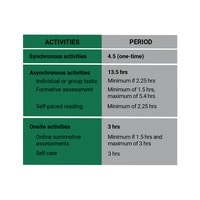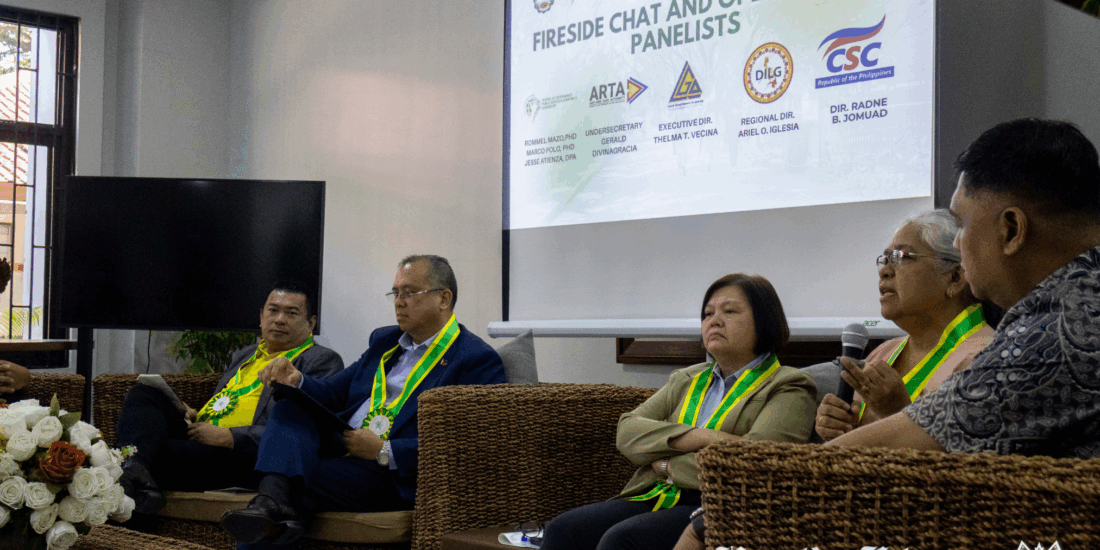Classes transition from distance learning mode to care-centered model
Originally published in The HERALDO FILIPINO Broadsheet Vol. 34 Double Issue
During the suspension of classes from March 10 to April 14, Vice Chancellor of Academics and Research (VCAR) Marco Saez implemented Distance Learning Mode which will transition to a care-centered model for the upcoming academic year (AY) 2020-2021.
In response to the end-of-the-class survey conducted by OVCAR, a care-centered model for online learning will be implemented for the academic year (AY) 2020-2021 as mentioned in their June 1 statement.
Along with provisions for home-based module alternatives for students without online connection, the new framework is “a combination of online and scheduled onsite campus meetings for student consultation and laboratory work.”
Additionally, the care-centered model also features home-based modular learning, as an alternative for students who do not have any means of online connection.
As of press time, information on online classes are only from the June 1 memorandum issued by the OVCAR.
DLSU-D’s new framework
In accordance to the model, time management policy will be applied in the course pacing, which follows the normal scheduling system of 54 hours, divided into 27 hours for the two terms.
Additionally, there will be two types of assessments implemented. Formative assessments calculate student engagements and participation through student engagement in discussion forums, exercises, and tests. While, summative assessments calculate the student’s application of knowledge and skills through case studies, proposals, and creative outputs.
As for the final grade, the model has a fixed computation system wherein the two terms will be based on both summative assessments and class standing. The class standing, as said in the directive, “covers asynchronous and synchronous activities.”
It was also clarified that the grading system for the two terms’ summative assessments should range from 40% to 60% while class standing is preferred from 60% to 40%.
Guidelines on online learning
Within the framework, the students are expected to display proper netiquette and knowledge of the Learning Management System (LMS). They are also expected to meet the minimum standard set of 4 to 6 days of active participation.
Furthermore, guidelines stated that instructors will also play an active role, requiring them in both online and onsite schedules. They are expected to exhibit flexibility, and be equipped for laboratory work, consultations, and onsite meetings.
The activities’ duration will follow this table:

As of press time, Implementing Rules and Regulations (IRR) is yet to be released by the OVCAR. Initial date of release, according to the memorandum, is on or before July 10.




